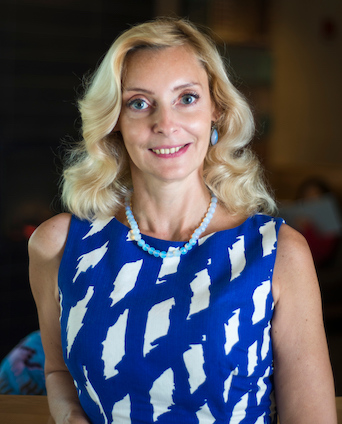
Frank Shafroth
The Trump Administration’s proposed rule to limit food stamp eligibility could adversely affect millions of Americans, George Mason University experts say.
“The apprehension is that the greatest impact would be on children and the elderly—the most vulnerable Americans,” said Mason professor Frank Shafroth. “Across our country, estimates are that as many as half a million children in 43 states could lose access to these benefits.”
In September, the Trump administration took public comments on a proposed rule that would limit food stamp eligibility for people whose gross income is 130 percent above the federal poverty line—roughly $16,000 for one person—or have more than $2,250 in assets. According to the U.S. Department of Agriculture (USDA), the rule will close a loophole that has let higher income people receive unneeded food assistance. At present, there is not a public timetable for when the changes might be implemented, but USDA estimates that 3.6 million people would be impacted.
Locally, in Arlington County, the number of food stamp recipients doubled from 1999 to 2016, said Shafroth, who has volunteered with USDA’s food distribution services in Northern Virginia for nearly three decades.

Karina Korostelina
And according to Karina Korostelina, a professor of conflict analysis and resolution at Mason who has researched resilience in disadvantaged neighborhoods in Washington, D.C., the rule would hurt already struggling families.
The most vulnerable population in Washington, D.C., lives just above the poverty line, Korostelina’s research found. These people usually work several jobs and fight difficult circumstances to provide for their families, she said.
“Food stamps help this group to devote some time to their children, supporting their achievements at school, instead of looking for another part-time job,” she said. “They also have higher self-esteem and self-efficacy through increased economic status.”
But that could change if the new rule takes effect, Korostelina said.
“Tightening the guidelines for food stamp eligibility will bring these people back to poverty,” she said.
The consequences could be multiple.
“Depression and the absence of hope reduce the motivation of people to succeed through legal means,” Korostelina said. “They become less interested in education or employment and seek involvement in criminal activities to improve their lives.”
If the proposal were to be implemented, it would adversely impact not just supplemental food benefits, but also school meal eligibility, Shafroth said.
“For kids in Virginia, where, last year, 700,000 Virginians received benefits, such a reduction could have a longer lasting, more pernicious legacy—poor nutrition can adversely impact concentration and learning,” Shafroth added. “It may result in episodes of more violent or aggressive behavior, and increased rates of poor mental or physical health.”
Karina Korostelina can be reached at 703-993-1304 or ckoroste@gmu.edu.
Frank Shafroth can be reached at 703-993-8560 or fshafrot@gmu.edu.
For more information, contact Mariam Aburdeineh at 703-993-9518 or maburdei@gmu.edu.
About George Mason
George Mason University is Virginia’s largest public research university. Located near Washington, D.C., Mason enrolls 38,000 students from 130 countries and all 50 states. Mason has grown rapidly over the past half-century and is recognized for its innovation and entrepreneurship, remarkable diversity and commitment to accessibility.
